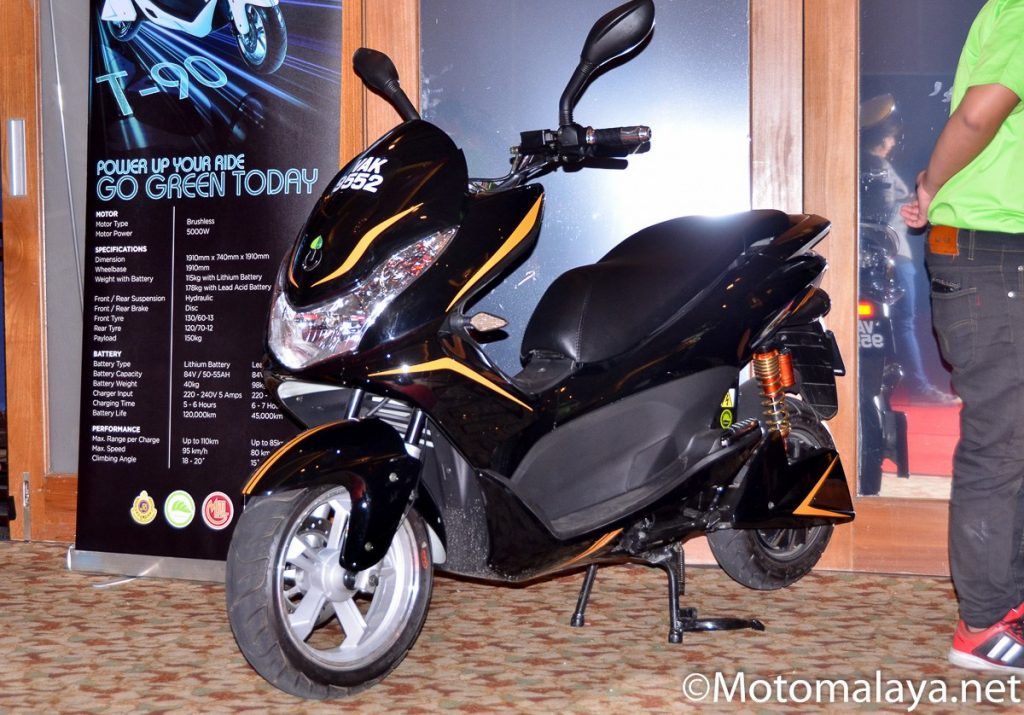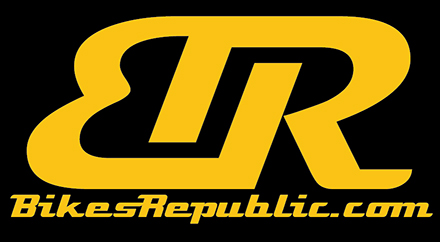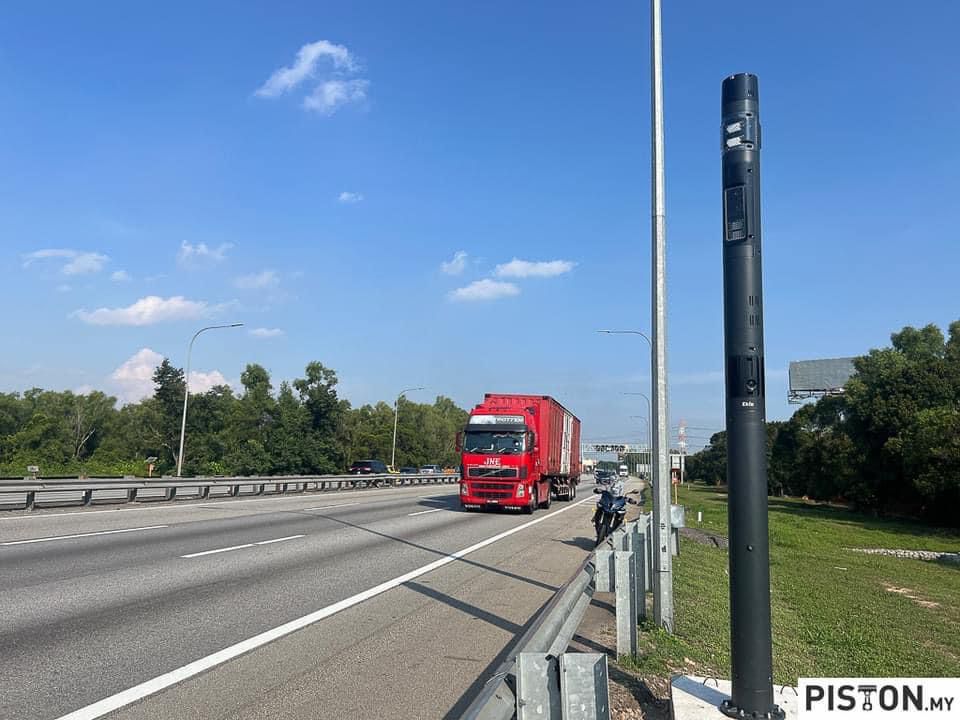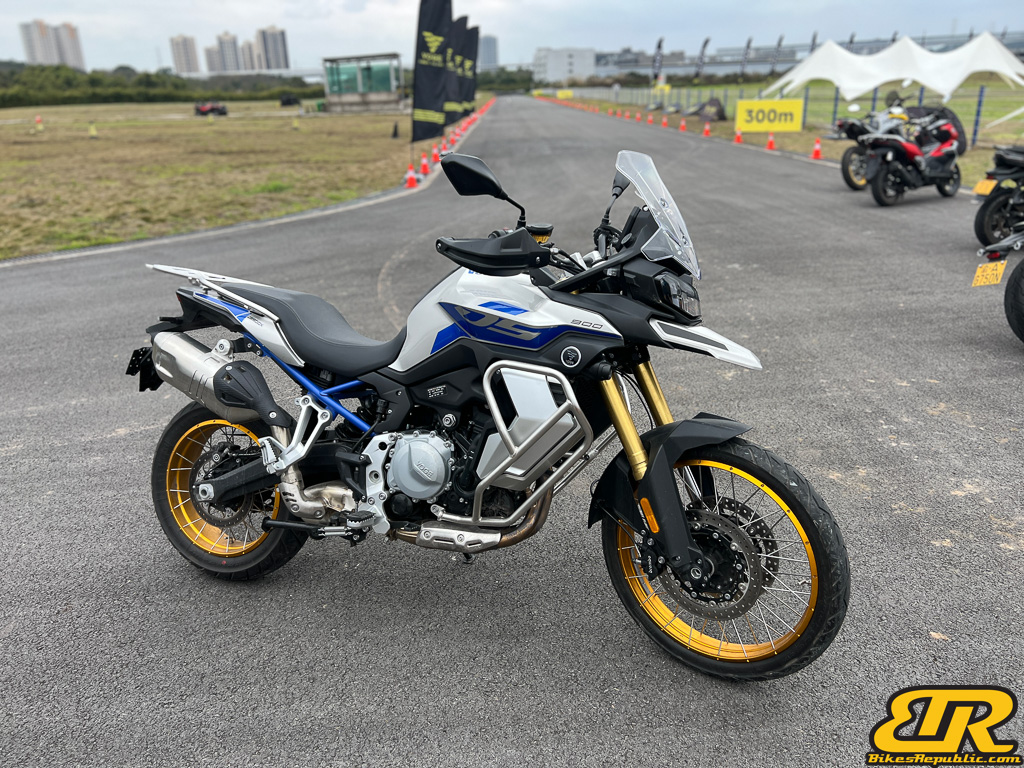-
Many countries in the world seek to stop producing petrol and diesel vehicles by 2040, latest
-
India, along with Norway take the charge to achieve by 2025
-
Malaysia targets phased electrification by 2030
Two months ago, the world’s automotive industry was rocked by the news of the UK government seeking to ban new petrol and diesel vehicles beginning 2040.
France, and cities such Madrid, Mexico City and Athens have also announced the same, while Scotland seeks to phase out internal combustion engines on their roads by 2032. Norway will transition to fully electric by 2025. China, the world’s largest auto producer (30 percent of the world’s cars), is considering a similar move.
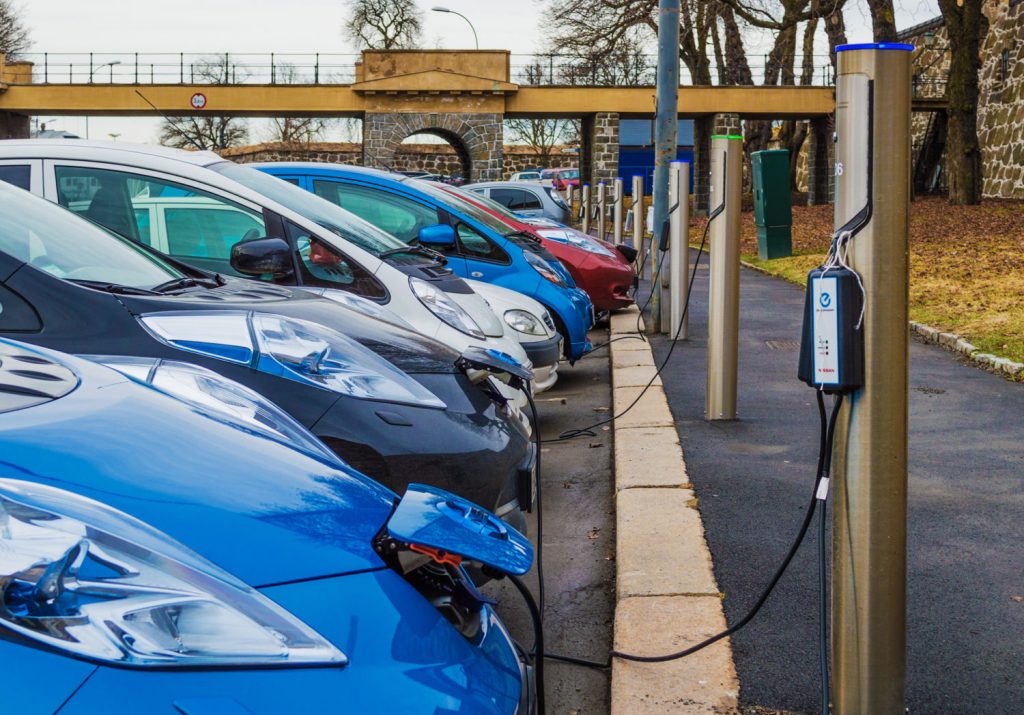
But it is India’s manufacturers – Hero MotoCorp, Honda Motorcycle & Scooter India, TVS Motor, Mahindra Two Wheelers, Yamaha, and Bajaj Auto – who are pushing hard to introduce mainstreams electric motorcycles by 2018, ahead of the country’s ambitious 2030 deadline.
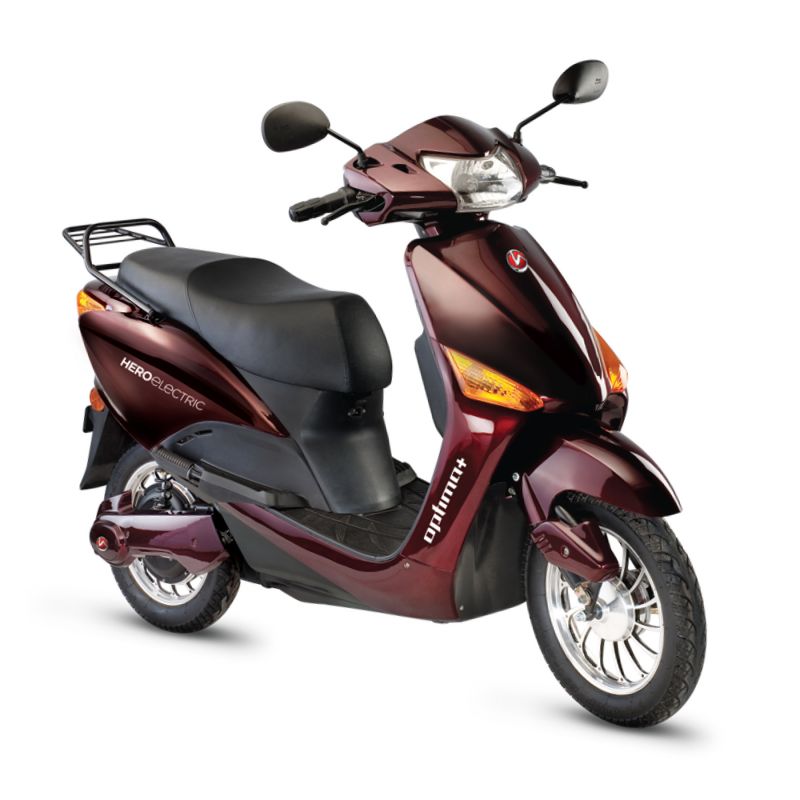
India is currently the largest market for motorcycles, with 17 million sold in 2016. Electric motorcycles (including scooters) however, only sold 4,500,00 in the past eight years.
The biggest hurdle for electric motorcycles is the very thing that gives it mobility – the battery. Lead acid batteries are widely available and inexpensive but they have shorter lifespans and take longer to charge, as opposed to lithium-ion batteries. However, li-ion batteries are expensive.
“It will take some time for electric cars to be sold en masse,” said Sohinder Gill, Director of Society of Electric Vehicles. “With cost of li-ion batteries coming down, performance has improved and more manufacturers have started work in the segment, which will give more choices to the consumer.”
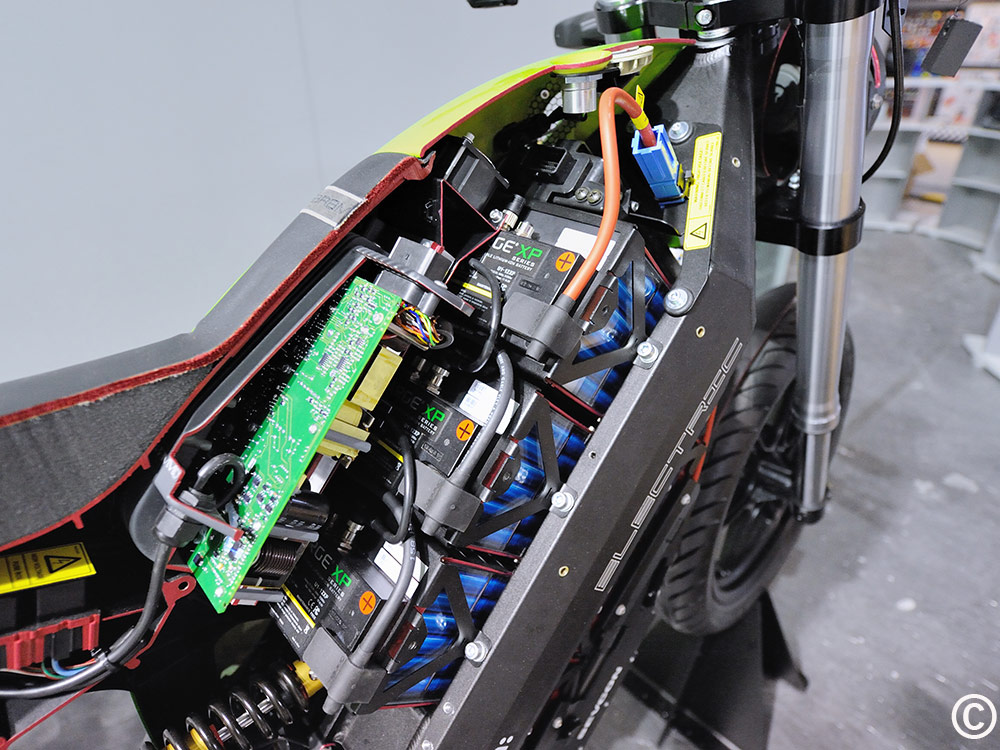
Other than the cost, driven up the price of li-ion batteries, consumers will also face the lack of public charging stations. As such, TVS Motor will offer both hybrid and fully electric options.
Honda and Yamaha have been selling electric motorcycles outside of India, and are seeking to lower costs and ensure adequate infrastructure to support. Honda has been investing in electric vehicles for the last two decades.
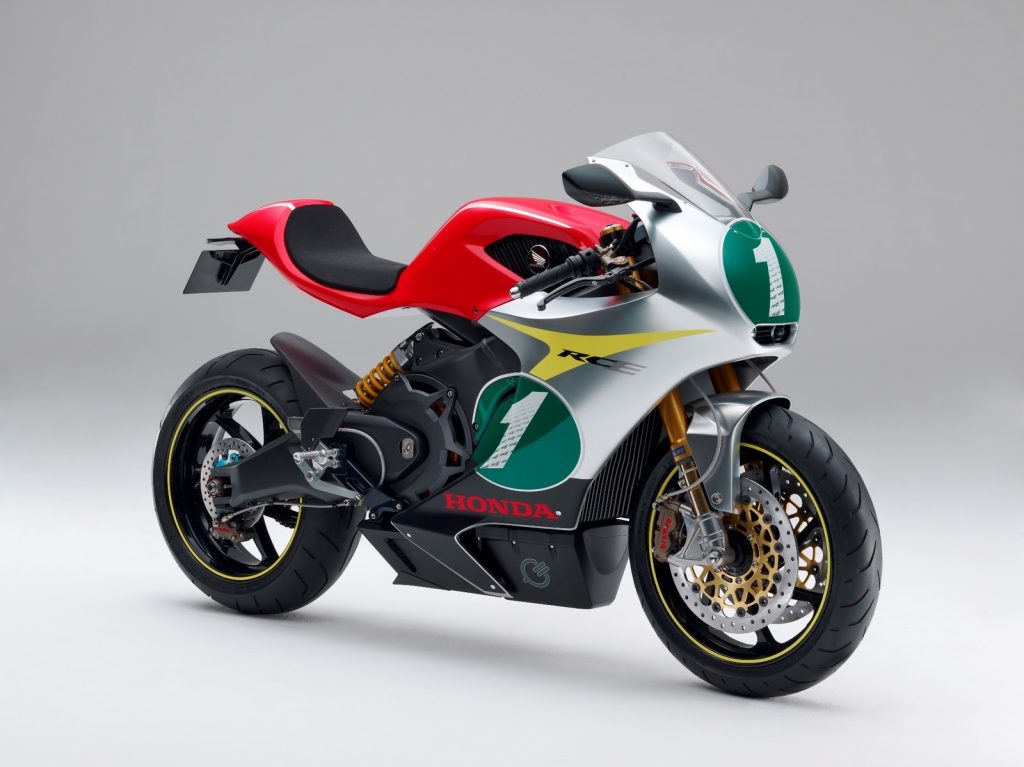
How about us Malaysia?
Minister of Energy, Green Technology and Water, Datuk Seri Maximus Ongkili said in April that Malaysia is moving towards becoming the marketing hub for electric vehicles. The ministry targets electrifying 100,000 cars, 100 motorcycles, 2,000 buses and the installation of 125,000 charging stations by 2030.
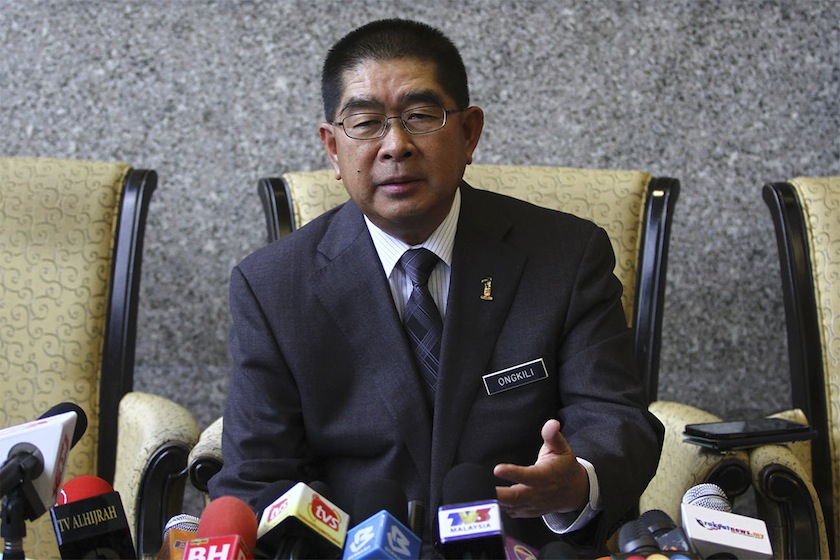
That means our nation’s vehicles will not be fully electric by 2030, if everything goes to plan. Implementation will most likely begin in urban and built-up areas.
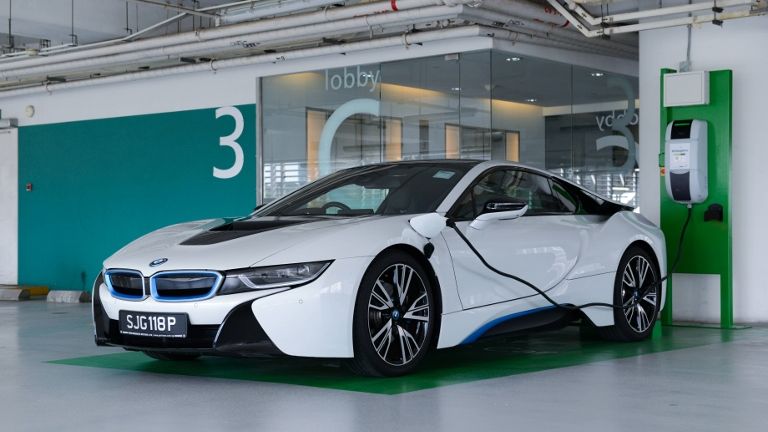
In the meantime, Treelektrik is marketing the T-90 electric scooter in Malaysia. Buyers can choose between lead-acid or lithium-ion battery. Click here for more details on the Treelektrik and other fuel efficient motorcycles.
